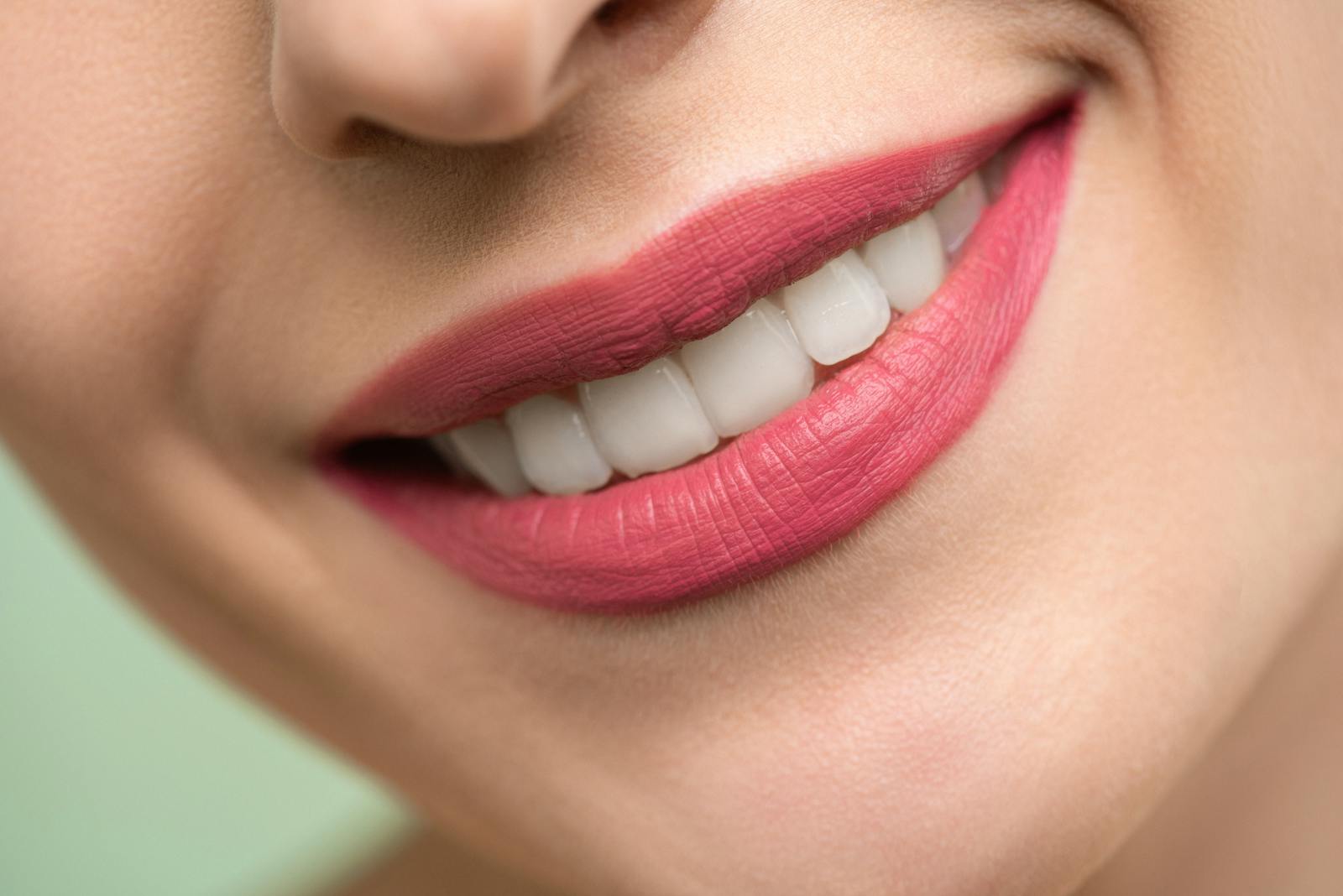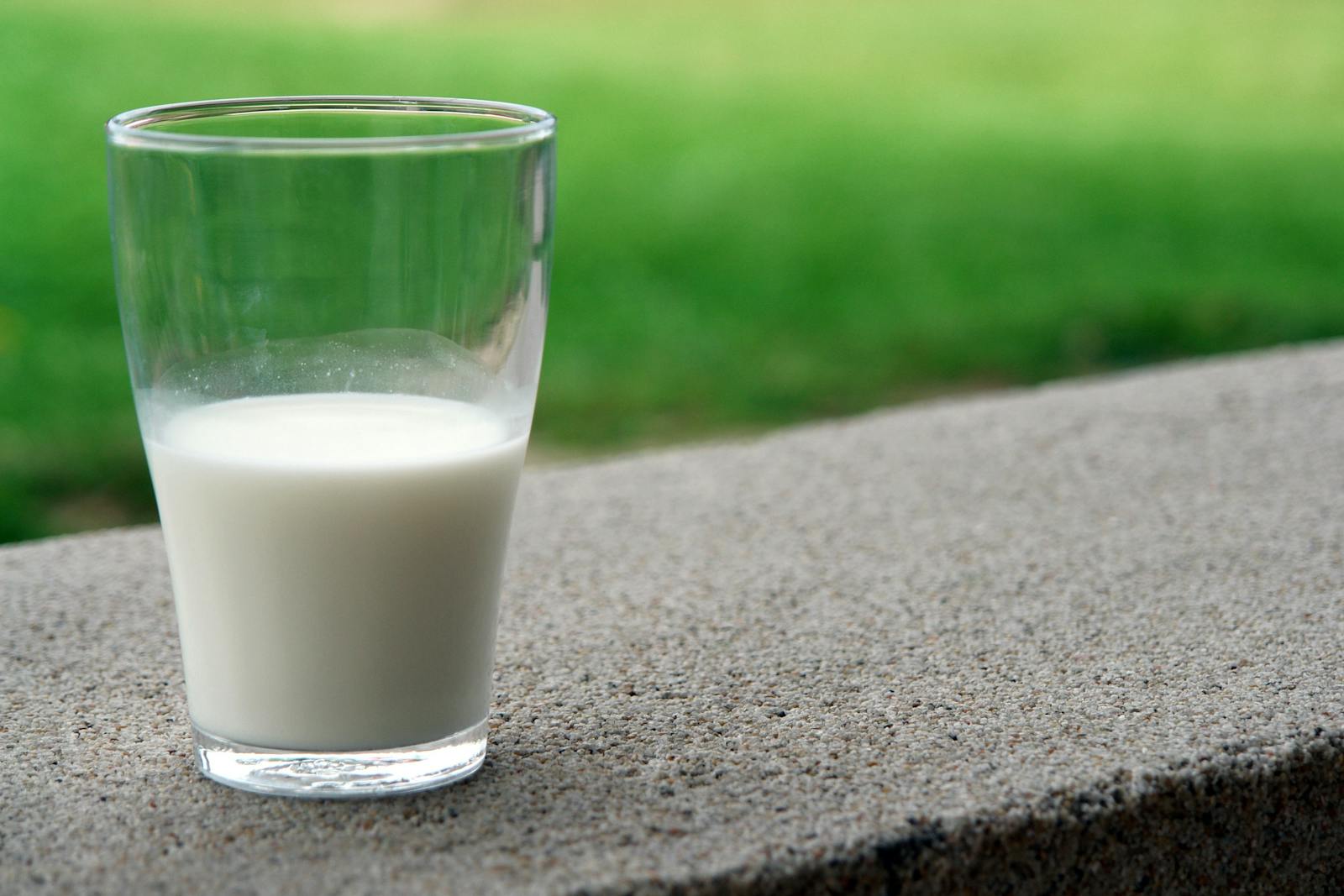Siddha: An Ancient Tamil Healing System
Siddha medicine is one of the oldest systems of medicine in the world, originating in the Tamil region of South India. This traditional healing system, rooted in ancient Tamil literature and practices, offers a holistic approach to health and well-being. Siddha emphasizes the balance between the body, mind, and spirit, and utilizes natural remedies, diet, and lifestyle changes to achieve optimal health.
In this blog post, we’ll explore the history, principles, practices, and benefits of Siddha medicine, guiding you through its unique approach to healing.
1. History of Siddha Medicine
The roots of Siddha medicine can be traced back thousands of years to the ancient Tamil civilization in South India. It is believed to have been developed by the Siddhars, who were spiritual adepts and scientists with profound knowledge of medicine, philosophy, and alchemy. The Siddhars wrote extensively on various aspects of life and health in the form of poems and treatises.
The most notable Siddhars include Agastya, Thirumoolar, Kandamaran, and Bogar. They laid the foundation for Siddha medicine, exploring the principles of health, disease, and remedies. The teachings of Siddha were orally transmitted for centuries before being documented in ancient Tamil texts, such as Siddha Medicine and Siddha Vaidya.
Over the centuries, Siddha medicine has evolved, integrating local practices and knowledge, making it a comprehensive healing system.
2. Fundamental Principles of Siddha Medicine
Siddha medicine is based on several fundamental principles:
- Pancha Bhoota: The five elements—earth, water, fire, air, and ether—are believed to make up all living beings. A balance of these elements is essential for good health.
- Three Doshas: Siddha recognizes the concept of three doshas—Vata, Pitta, and Kapha—similar to Ayurveda. However, in Siddha, these are referred to as Vatham, Pitham, and Kapham. The balance of these doshas determines an individual’s health and temperament.
- Siddha Principles of Medicine: Siddha medicine believes in treating the root cause of the disease rather than just alleviating symptoms. It emphasizes personalized treatment based on the individual’s constitution (Mizaj) and the nature of the ailment.
- Spiritual and Physical Connection: Siddha medicine recognizes the interconnectedness of the body, mind, and spirit. Mental health is considered crucial for physical health, and vice versa.
3. The Siddha Concept of Health and Disease
In Siddha medicine, health is defined as a state of balance among the body, mind, and spirit. Disease is seen as a result of an imbalance among the doshas, improper diet, lifestyle choices, and environmental factors.
Types of Disease
- Sadhya (Curable): Diseases that can be treated and cured through appropriate Siddha remedies.
- Asadhya (Incureable): Chronic conditions that may not be completely cured but can be managed to improve quality of life.
The aim of Siddha medicine is to restore balance and harmony in the body, promoting overall well-being.
4. Diagnosis in Siddha Medicine
Diagnosis in Siddha medicine is a thorough process that includes the following methods:
1. Nadi Pariksha (Pulse Diagnosis)
The Siddha practitioner assesses the pulse at various points on the wrist to determine the state of the doshas and overall health. This ancient technique provides insights into the balance of elements in the body.
2. Urine Analysis
The color, odor, and consistency of urine are analyzed to diagnose imbalances and conditions in the body.
3. Observation of Symptoms
Practitioners observe the patient’s physical and psychological symptoms, including skin condition, tongue appearance, and emotional state.
4. Patient History
The practitioner gathers information about the patient’s medical history, diet, lifestyle, and family health background.
5. Siddha Treatment Modalities
Siddha medicine employs various treatment modalities tailored to the individual’s unique constitution and health condition. These include:
1. Herbal Remedies
Siddha medicine utilizes a vast array of herbs, roots, and minerals to create potent formulations for healing. Remedies are prepared in the form of powders, decoctions, and oils.
2. Marma Therapy
This ancient technique involves stimulating specific points on the body to release energy and promote healing. Marma points are believed to correspond to vital organs and emotional states.
3. Yoga and Meditation
Siddha practitioners advocate for regular yoga and meditation to promote physical fitness and mental well-being. These practices help to balance the doshas and enhance overall health.
4. Dietary Adjustments
Diet plays a crucial role in Siddha treatment. Practitioners recommend specific foods and dietary practices to help restore balance among the doshas.
5. Panchakarma (Detoxification)
Though more commonly associated with Ayurveda, Siddha also employs detoxification techniques to cleanse the body of toxins and restore harmony. Methods may include herbal steam baths, oil massages, and enemas.
6. Siddha Herbal Remedies
Siddha medicine has a rich repository of herbal remedies. Some commonly used herbs include:
1. Neem (Azadirachta indica)
Renowned for its detoxifying properties, neem is used to treat skin disorders, infections, and to improve overall immunity.
2. Turmeric (Curcuma longa)
A powerful anti-inflammatory and antioxidant, turmeric is used in various Siddha formulations for its healing properties.
3. Amla (Phyllanthus emblica)
Rich in vitamin C, amla is used for its rejuvenating properties and to enhance digestion.
4. Brahmi (Bacopa monnieri)
Brahmi is a well-known herb for mental clarity and cognitive function. It’s used to reduce stress and anxiety.
5. Ginger (Zingiber officinale)
Ginger is valued for its digestive properties and is often used to treat nausea, colds, and inflammation.
These herbs are usually prepared in various forms, such as powders, decoctions, or oils, depending on the ailment being treated.
7. Siddha Diet and Nutrition
Diet is considered a fundamental aspect of health in Siddha medicine. Practitioners advocate for a balanced diet tailored to an individual’s dosha. Here are some dietary recommendations:
1. For Vatham (Air)
- Warm, oily foods: Include ghee and olive oil.
- Sweet fruits: Bananas and avocados are recommended.
- Spices: Ginger, cinnamon, and cumin help to warm the body.
2. For Pitham (Fire)
- Cooling foods: Include yogurt, cucumbers, and leafy greens.
- Bitter and astringent flavors: Spinach and bitter gourd help balance excess heat.
- Hydration: Drink plenty of water and herbal teas.
3. For Kapham (Earth and Water)
- Light, dry foods: Include legumes and grains.
- Spicy foods: Incorporate black pepper and mustard.
- Avoid heavy and oily foods: Minimize dairy and fried items.
Maintaining a balanced diet helps to support the body’s natural healing processes and prevent disease.
8. Siddha Practices for Mental and Emotional Health
Mental health is integral to overall well-being in Siddha medicine. Several practices are recommended to support emotional balance:
1. Meditation
Regular meditation helps in calming the mind and reducing stress. It enhances self-awareness and promotes mental clarity.
2. Yoga
Specific yoga asanas (poses) are prescribed based on the individual’s dosha to improve physical fitness and mental health. Practices like Pranayama (breathing exercises) help to balance energy.
3. Marma Therapy
Stimulating marma points can release stored emotional trauma and promote emotional healing. This therapy aids in mental relaxation and emotional stability.
4. Herbal Infusions
Herbal teas made from calming herbs like chamomile and lavender can soothe the mind and reduce anxiety.
9. Siddha Treatments for Common Ailments
Siddha medicine offers effective treatments for various common ailments:
1. Digestive Disorders
- Common Issues: Indigestion, constipation, and acidity.
- Siddha Treatments: Herbal powders containing ginger, triphala, and cumin help restore digestive health.
2. Skin Conditions
- Common Issues: Eczema, psoriasis, and acne.
- Siddha Treatments: Neem-based ointments and herbal baths can help clear skin ailments.
3. Respiratory Issues
- Common Issues: Asthma, bronchitis, and allergies.
- Siddha Treatments: Herbal inhalations and tonics containing tulsi (holy basil) can provide relief.
4. Stress and Anxiety
- Common Issues: General anxiety, stress, and insomnia.
- Siddha Treatments: Meditation, yoga, and herbal teas can promote relaxation and mental clarity.
5. Joint Pain and Inflammation
- Common Issues: Arthritis and gout.
- Siddha Treatments: External applications of medicated oils and internal herbal formulations can alleviate pain.
10. The Role of Siddha Medicine Today
In recent years, there has been a resurgence of interest in traditional healing systems like Siddha medicine. With the growing awareness of holistic health, many people are turning to Siddha for natural and effective remedies.
Siddha medicine is now recognized and practiced alongside modern medical treatments in various settings. Research is being conducted to validate its effectiveness and integrate its practices into contemporary healthcare.
Challenges and Future Prospects
Despite its rich heritage, Siddha medicine faces challenges, including:
- Lack of Standardization: The need for standardized formulations and practices to ensure safety and efficacy.
- Integration with Modern Medicine: Collaborations between Siddha practitioners and modern healthcare professionals can enhance treatment options for patients.
- Awareness and Education: Increasing public awareness about Siddha medicine and its benefits is essential for its growth.
11. Conclusion
Siddha medicine is a treasure trove of ancient wisdom and holistic healing practices. With its emphasis on balancing the body, mind, and spirit, Siddha offers a unique approach to health that is increasingly relevant in today’s world.
As more people seek natural and effective remedies, Siddha medicine stands as a testament to the rich heritage of traditional healing systems. Embracing Siddha not only promotes physical health but also nurtures mental and emotional well-being, leading to a more balanced and fulfilling life.
Whether you are looking to explore herbal remedies, dietary adjustments, or holistic practices, Siddha medicine has a wealth of knowledge to offer, guiding you on your journey to optimal health.






